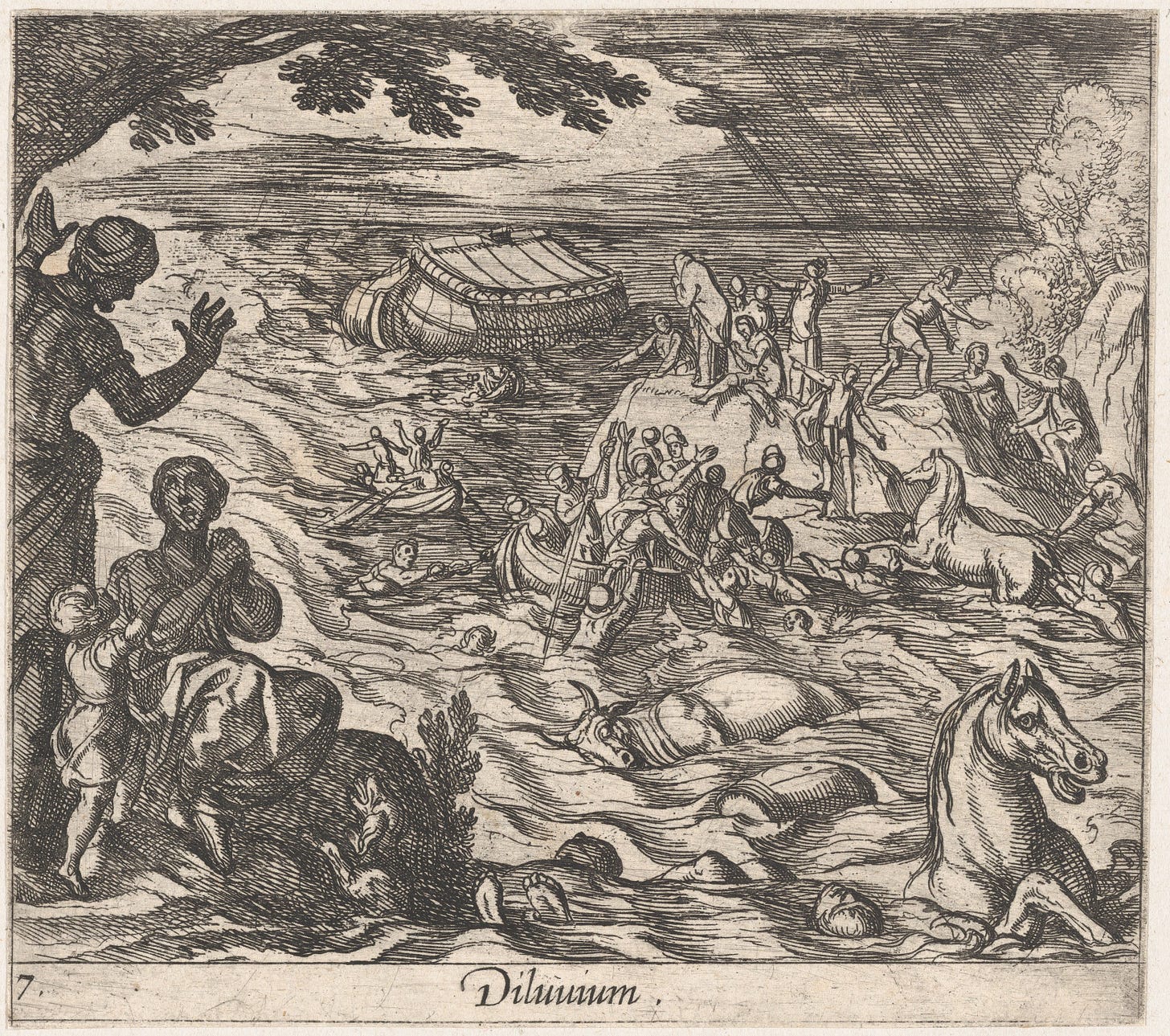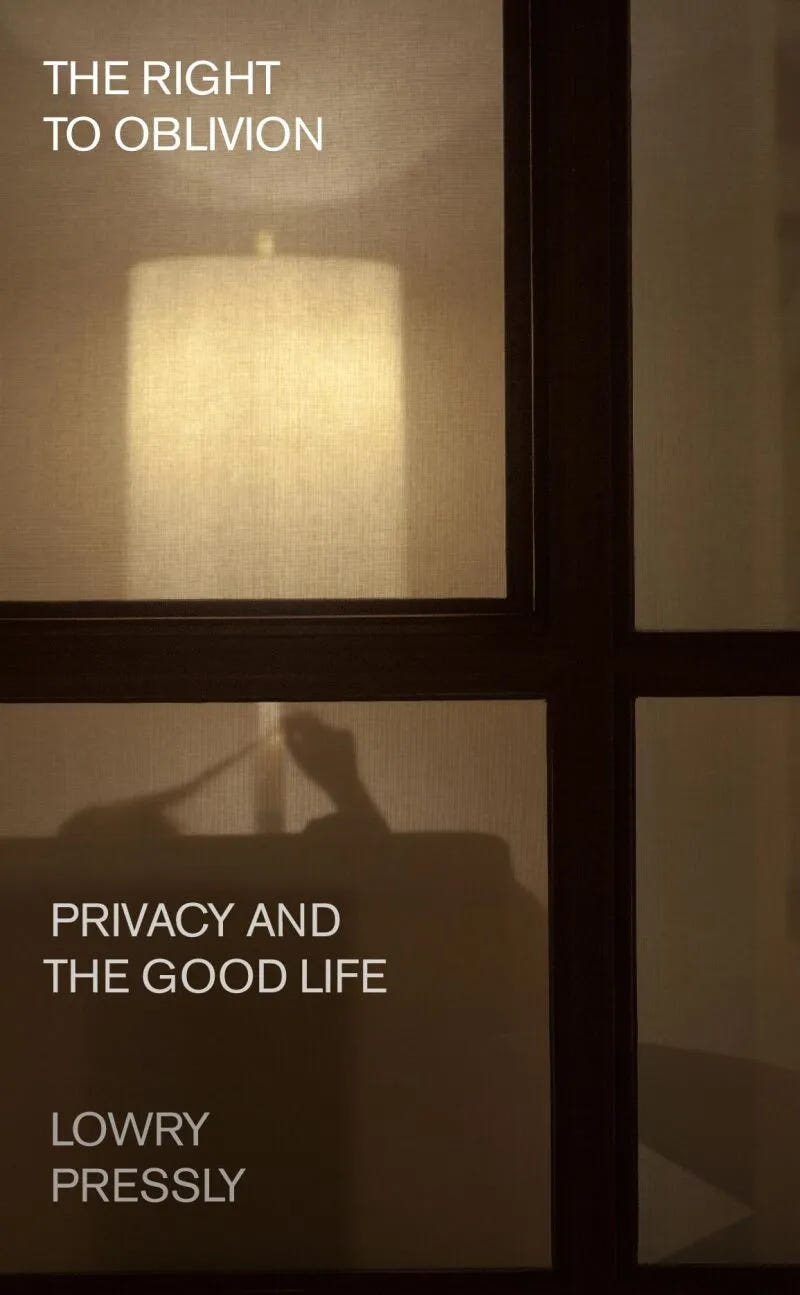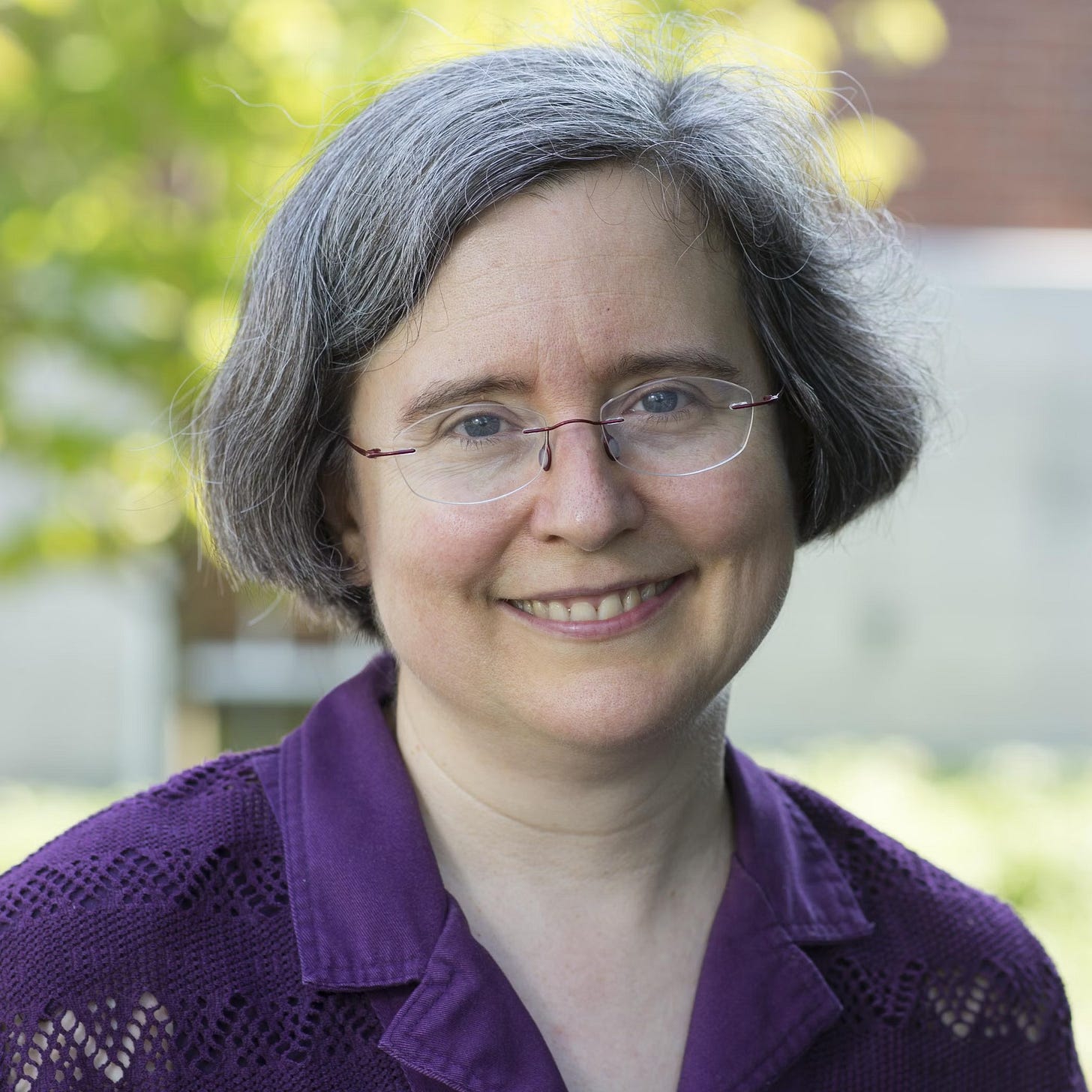Reminder: our read-along of Plato’s Republic begins on March 31. For details and the schedule, check out this post.
In his ‘Of Studies,’ Francis Bacon tells us that:
Some books are to be tasted, others to be swallowed and some few to be chewed and digested; that is, some books are to be read only in parts; others to be read, but not curiously; and some few to be read wholly, and with diligence and attention.
This advice is quite good, but Bacon wasn’t the only one to give this sort of advice. Samuel Johnson made a distinction between hard study, perusal, curious reading, and mere reading. When one is in the mode of hard study, a pencil must be to hand for making notes; curious reading is more like consulting; curious reading is something like reading a good novel; mere reading is browsing.
I encountered these examples, along with a much broader discussion, is an article by the historian Ann Blair: ‘Reading strategies for coping with information overload, ca. 1550-1700.’ (That link is to a PDF.) Blair shows that concerns with information overload are nothing new; our modern worries about being flooded with content have historical precedents.
I am one of those worriers. I worry that we have too much cheap and easy access to information in too many forms, that the devices we carry with us in our pockets are designed to fracture our attention, and that in our age (which is, following Postman, fittingly called an age of distraction) thinking is made increasingly difficult.
“As our mental lives become more fragmented,”
writes in The World Beyond Your Head, “what is at stake often seems to be nothing less than the question of whether one can maintain a coherent self.” Crawford’s book explores this fractured, incoherent self in more detail throughout the book, looking closely at the cognitive practices of laborers (Crawford rightly observes that this work is cognitively demanding and philosophically interesting) along with the architecture and design of our built environment. Our very individuality is at stake in such an environment.You can find these warnings everywhere. Lowry Pressly observes in his The Right to Oblivion (which reminded me of the above Crawford quote, as well) that there is a great irony here: “The consensus about the dangers of new technologies is almost as widespread as their adoption.” There are tens of thousands of jeremiads written by thousands of Jeremiahs, and you can read them all on your smartphone.
But when you encounter Blair’s historical work, you may be tempted to dismiss these warnings. The argument goes something like this: Every time a new technology emerges, public intellectuals warn that it will make deep thinking impossible. But, they’ve been wrong every time. So, these warnings about these technologies are wrong, too.
There’s something to this argument. It’s essentially a pessimistic meta-induction (or an optimistic one, depending on how you frame it). Based on past failures of predictions relevantly similar to current predictions, we can confidently conclude that these current predictions will fail as well. Yet, this argument misses something, something we also find in Blair’s work. Namely, scholars in the early modern period did not passively adapt to the glut of information. They developed techniques to deal with it.
As Blair documents, they developed new note-taking practices; they refined old ones, as well. Ironically, this led to the production of new (and very often quite long) books, but it also led to books being used in a diversity of ways. Scholars actively and intentionally adapted to their new media environment. They saw it as a threat to their cognitive lives, and so they did something about it.
Like in the case of Bacon and Johnson, they decided that not all books could be read thoroughly. One had to preciously guard one’s time and attention to make possible deep reading, the ‘chewing and digestion’ of worthy books.
This is an idea I am developing – much more will be said in my book – but even in its nascent form, I think there’s something to this. Information overload is nothing new. It is a perennial problem; it crops up regularly throughout history. But perennial problems need perennial solutions, meaning each generation is responsible for developing those techniques that will allow us to continue to live the life of the mind, to pay attention to those things that deserve our attention, to maintain a thought in the face of distraction.








I agree that since the printing press, there has always been an overload of information. I believe that as technological advances evolve, it is the access to a compounding aggregation of information that is the growing issue and the ease of access to it - the instant accessibility of it in a form (digital) that is always at hand. If you combine this with the erosion of education that encourages critical thought (Peter Hitchens rightly said that “when I was young, we were taught how to think. Now, children are taught what to think”), coupled with technology that encourages a lackadaisical and apathetic ambivalence to the value of critical thought, we have a perfect storm of the intellect. Education was turned into a metric-driven target-based endeavour in which students AND teachers gamed the system to achieve targets by lowering standards. That is, the product of such policies produce a society where intellect has been replaced with instantly gratifying sound bites, shorts, chats etc. Rather than fight the onslaught of technology-led erosion of critical thought, society is embracing the ease of information, and any information is consumed rather than useful information. I say that this “perfect storm” is tantamount to the decline of civilisation, which is one in which social evolution has fallen far behind technological evolution.
Really appreciate this reframing—info overload as a recurring challenge rather than a uniquely modern crisis. Makes me think less about escaping it and more about how to train for it. Excited to see how your book builds this out!